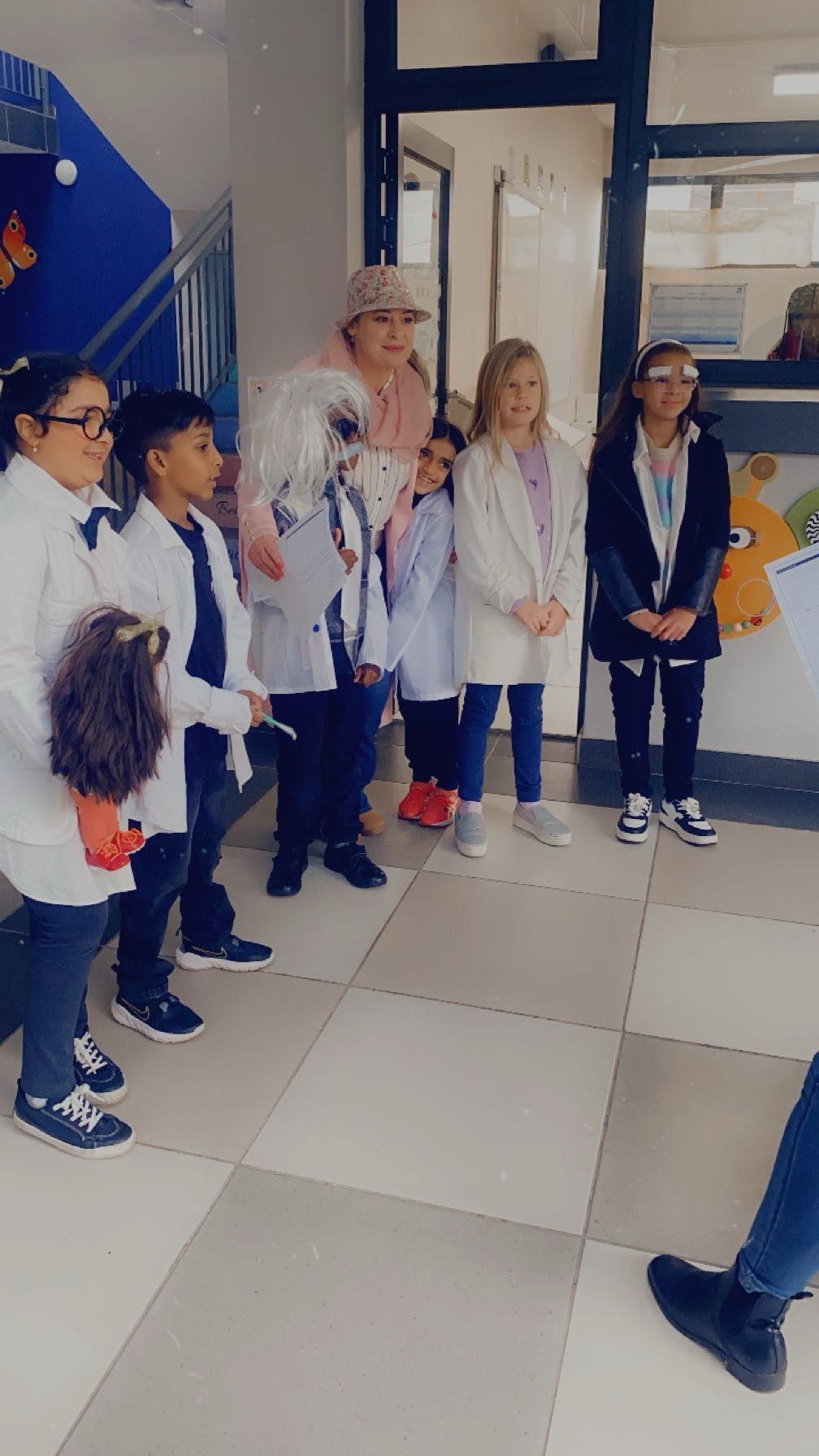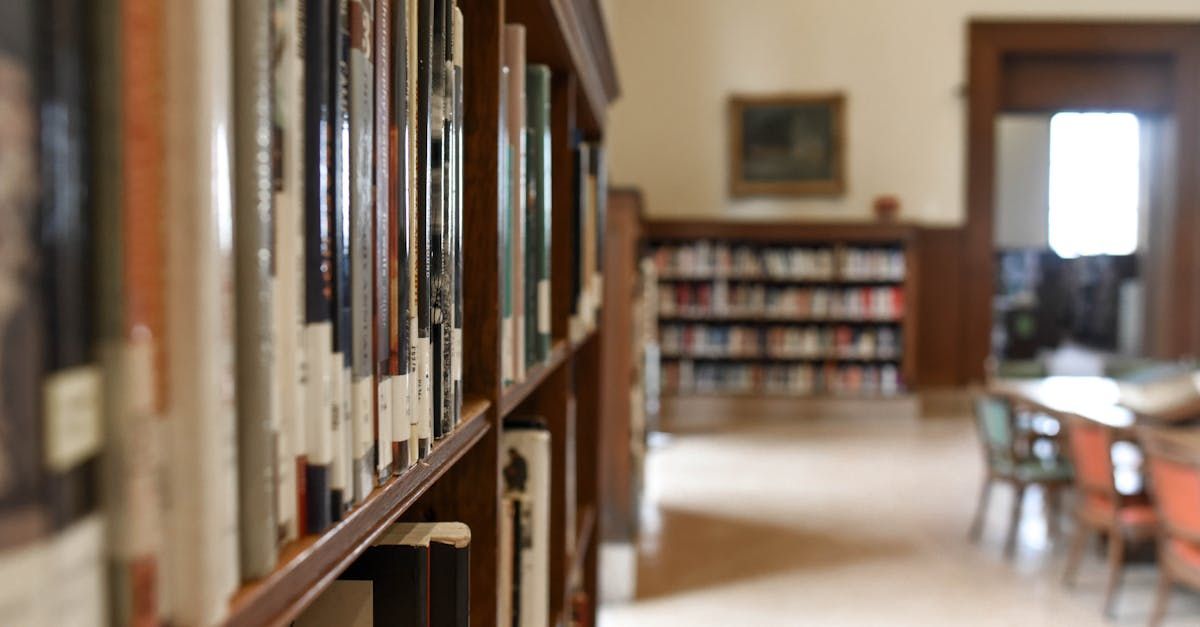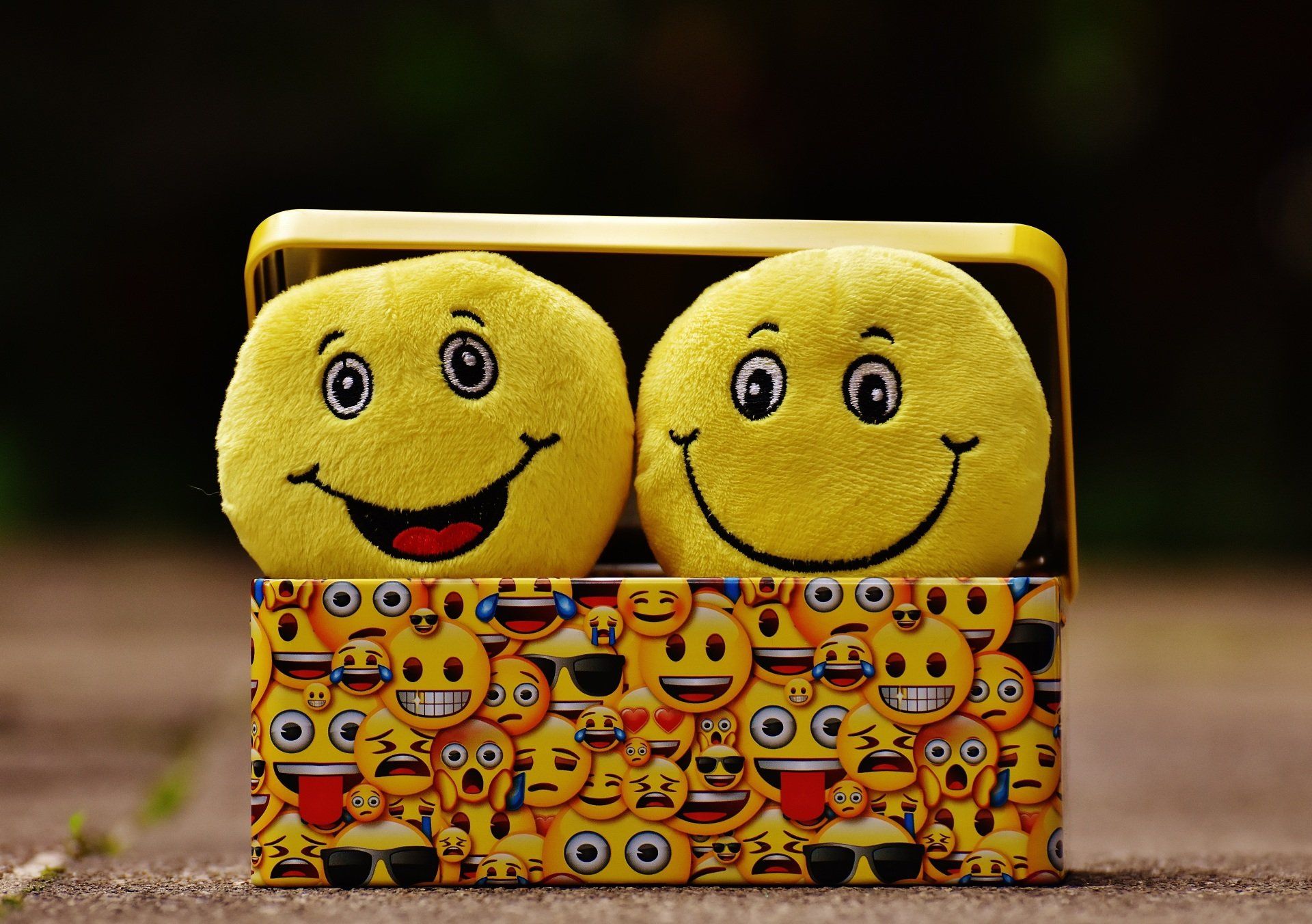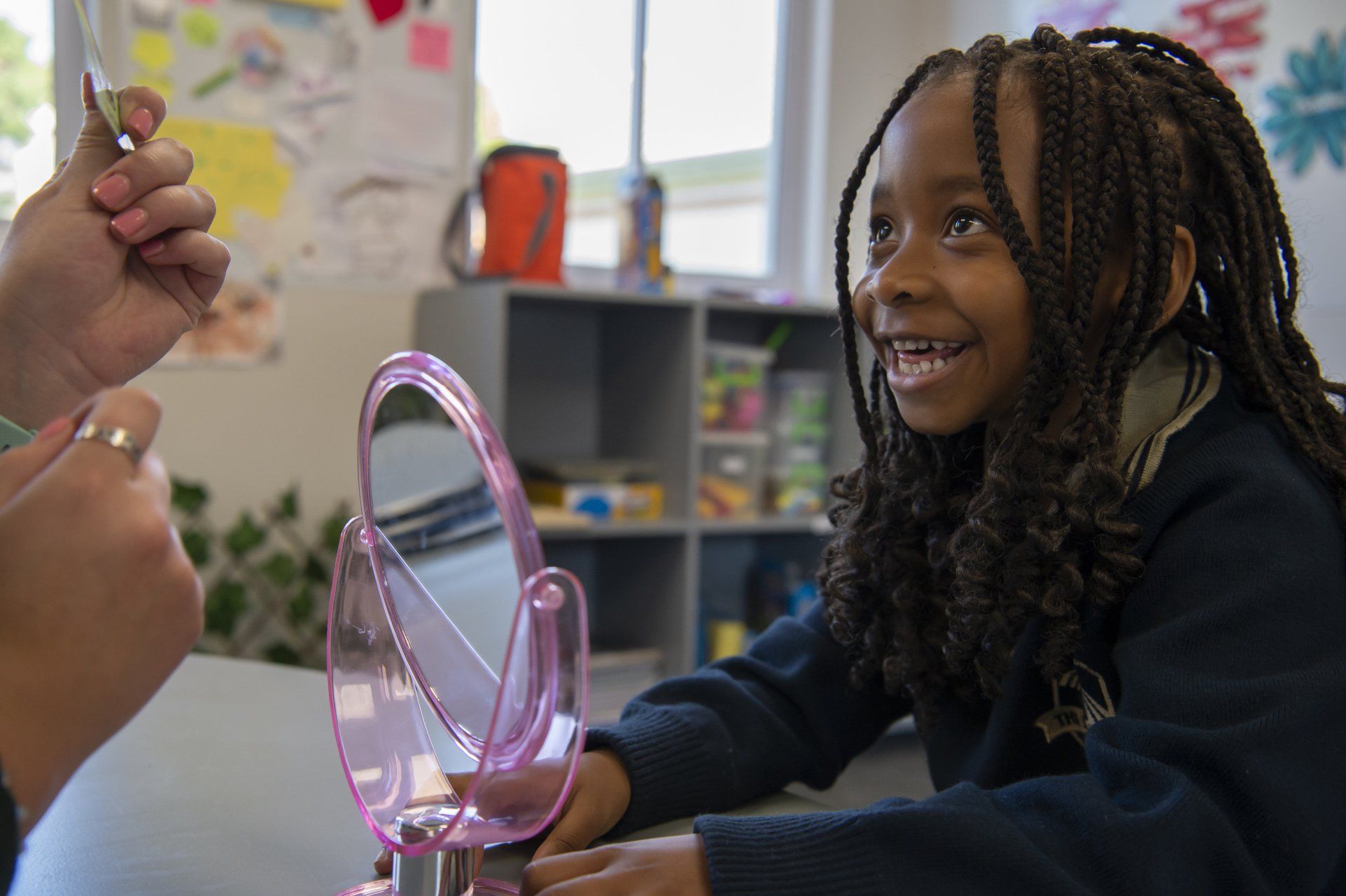Coping with Anxiety
Dr. Greg Pienaar • 1 September 2020
So what is Anxiety? And how do we cope?
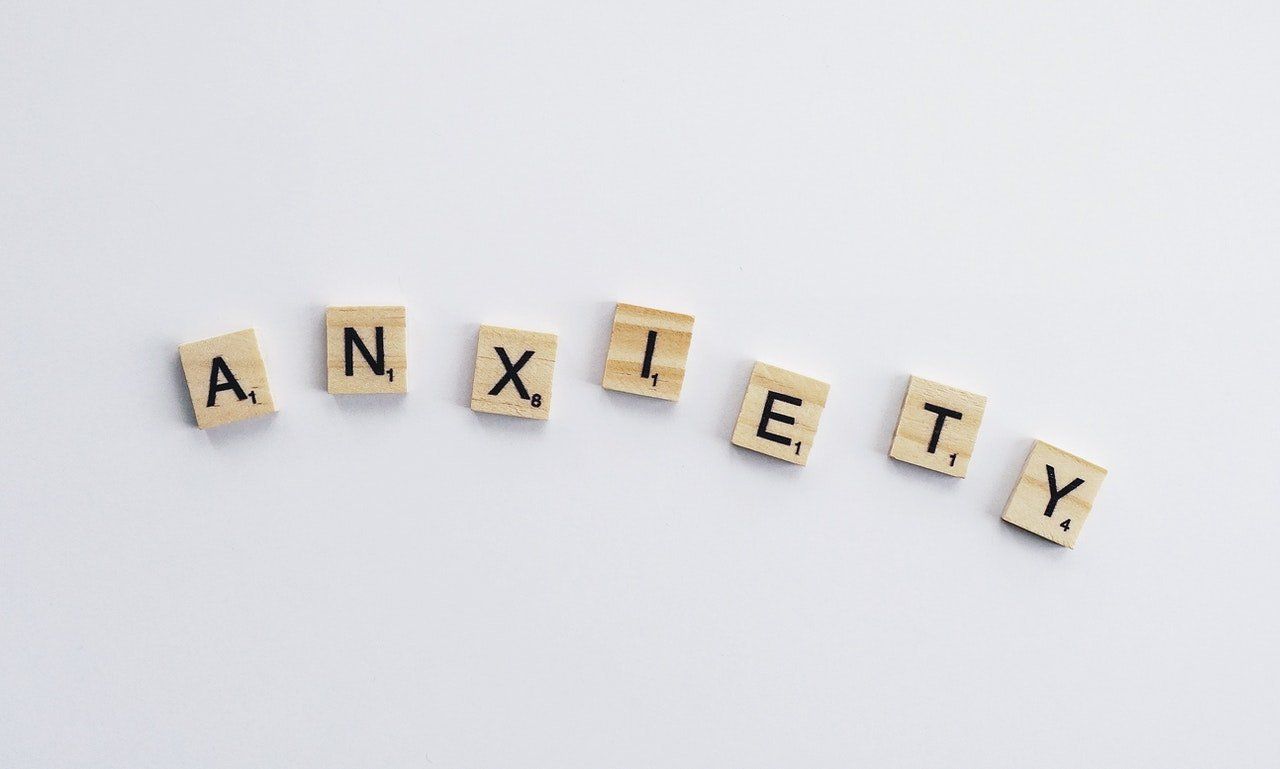
So what is anxiety? I’ve always described it as a gnawing, tightness in your stomach and even in your whole body. It’s a weird feeling, because you can’t really pin it down. You know you feel worried, but you’re not sure about what.
The exact clinical definition is: “Anxiety refers to multiple mental and physiological phenomena, including a person's conscious state of worry over a future unwanted event. Anxiety and fear are closely related. Some scholars view anxiety as a uniquely human emotion and fear as common to nonhuman species. Another distinction often made between fear and anxiety is that fear is an adaptive response to a realistic threat, whereas anxiety is a diffuse emotion, sometimes an unreasonable or excessive reaction to current or future perceived threat (oxfordmedicine.com). There also many anxiety disorders: separation anxiety, OCD, PTSD, GAD.
For me anxiety is: an underlying fear of not knowing what the future holds, or what the outcome of a situation will be.
So what about the anxiety many of us are feeling at the moment?
- What does the future hold?
- Will we ever get beyond the Coivid-19 virus?
- What will life be like after…
- Will we go back to “normal”?
- What if we get sick? What if a loved one gets sick? What if a lot of people get sick?
- Will we survive?
- Am I safe at school?
That’s a lot of anxiety! And I’m sure we are all feeling it.
I want to give you some ideas about coping with anxiety. There are many models out there which refer to methods of coping with anxiety. One of the most famous models is the Three Basic Coping Styles model (Endler 1997, and Folkman and Lazarus, 1986):
Task-oriented (time-outs, eat well-balanced meals, count to ten slowly, limit alcohol and caffeine, take deep breaths, humour, enough sleep and other similar tasks).
Emotion-oriented (meditation, distracting oneself, releasing pent-up emotions).
Avoidance-oriented (staying away from triggers where possible, drug or alcohol abuse, severe procrastination). (psychologytoday.com)
Many models contain similar ideas. Obviously some of the above ideas would lead to further destructive or self-damaging behaviour. Obviously, not all ideas or models would work for everybody.
However, before we explore those methods which could help us all right now, and in the future with anxiety, there is a very simple approach which may help us in terms of coping with life and anxiety in the Time of Covid right now:
COMMUNICATION AND UNDERSTANDING
One of the major problems with coping with Covid-19 has been the general lack of understanding of what it is all about. The anxiety builds because we are unsure of the specifics related to transferring the disease, contracting the disease, and of course, the future. What might happen?
What will happen to us? Are we safe? What about our grandparents, or older people in general? What about people with co-morbidities? What exactly is a co-morbidity? If I have asthma, will I die? If my brother has epilepsy, is there a possibility that he will die? If my dad has controlled diabetes, will he die? If my mom has a mild heart condition, will she get very sick?
How can we survive? When will it be over? The Russians say that they have a vaccine, but can we use it?
So how about trying some of these ideas to help your child cope with Covid-19 related anxiety:
Even though some of the medical facts and approaches are relatively frightening, rather make sure that you (as the responsible parents) know the medical facts properly, and then discuss them openly with your child, so that they understand. Obviously, you will need to make the call regarding what is appropriate (age and cognition wise) and what is not.
Secondly, discuss the totally necessary precautions you are taking (sanitizing, masks, social distancing) very clearly with your child, and why they are necessary.
Discuss the future with your child. The idea that the virus will pass and that life will go on in the future. Talk about all the things we are missing at the moment, and how we will enjoy them again in the future. The following ideas work for me, and although they may not work for everybody, it may be worth trying some of them out. So here are another five ways of coping with anxiety, and especially in these Covid-19 times:
One of the best ways of coping with anxiety relates to music
Listening to music, finding appropriate songs for a specific mood. It is really strange that sometimes when you’re feeling down, to listen to sad songs can actually make you feel better. Or hearing a particularly “up” song can make you feel worse? Although at other times listening to particular songs or a specific playlist can make you feel better? For example, here is a “Coping with Covid top 5” playlist. These are songs which currently resonate with me:
- “I’m Not Over” Carolina Liar (Actually about not being over a girl in a relationship, but for me it’s about not being over The World and all the beautiful things in it, just yet).
- “Carry the Weight” (acoustic version) Denison Witmer (About “carrying the weight of anybody who needs help, especially at the moment).
- “Times Like These” (acoustic version) Foo Fighters (Who knew there would be times like these).
- “What a Wonderful World” Israel Kamakawiwo’ole (Just love this version of how beautiful the world could be…)
- “Beautiful Day” U2 (Just a reminder about this fact is sometimes required).
Listening to music can definitely make us feel better about the world. The ugliness of the world can melt away, and the important things can rise up: friends, finding beauty in different places or things, sharing, closeness… Especially during Covid….having to look at what is really important in life…
However, everybody will have their own songs, or music. Part of the journey will be finding the songs of your life, or the music which suits a particular mood. Try this approach when the anxiety rises… enjoy the music…
Exercise
If you love running or riding or swimming, this is easy and really helps. However, what if you don’t like exercising? The last thing you want to do when you feel anxious or depressed is to exercise. It’s strange, but that’s when it is the most effective. To force yourself to exercise in those moments will be huge. Walking, jogging, riding, swimming, dancing, stretching, yoga, any exercise. They talk about the release of “endorphins” (feel good hormones) when you exercise, often these can help with easing anxiety. Won’t help though, if exercising makes you feel bad and frustrated and unfit….
Another way of coping is to develop a mantra.
A mantra is a positive saying or expression that you can use to inspire or motivate yourself. Just by saying it often enough can help with coping with anxiety. My personal mantra has become “I’m Not Over the World”. My mantra used to be “Never, ever, give up”. Develop your own mantra, or use somebody else’s if it fits your world – “It’s going to be ok”, “This is completely understandable” “I’m doing the best I can”, or possibly in these times: “It is, what it is”.
Talking
It’s amazing but just the act of talking to someone else important to you, can help to alleviate anxiety. It was once said: “A problem shared is a problem halved…”. It’s almost as if by sharing an issue, someone else hears it, and even if they don’t have answers, they are at least hearing and understanding your anxiety.
Drawing, writing, painting, colouring…any of these could help with anxiety.
No-one has to see what you paint or write. It’s more about being able to express emotions, or feelings, or problems in another way.
Sometimes a person may need all of the above ideas to cope with anxiety. At the moment it seems that our children are really struggling. Adults are struggling. We are all struggling to cope with the anxieties around us.
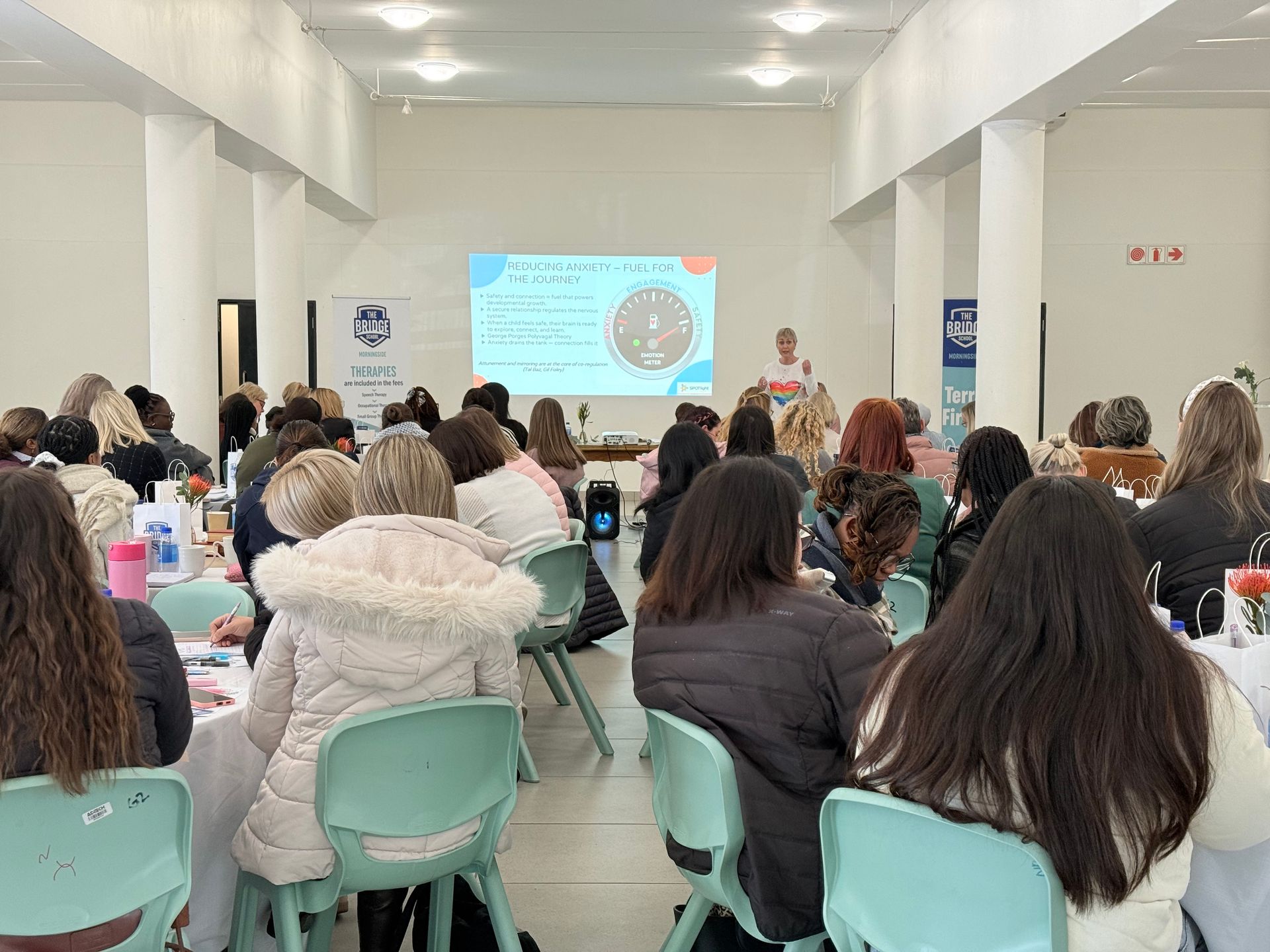
Neurodiversity is a concept that recognises and respects neurological differences—such as autism, ADHD, dyslexia, and other cognitive variations—as natural forms of human diversity. Rather than viewing these differences as deficits, the neurodiversity paradigm promotes inclusion, understanding, and tailored support to help each learner thrive. In a school context, this means shifting from a “one-size-fits-all” model to a flexible, responsive approach that honours individual learning styles, communication needs, and emotional development. At The Bridge School, we believe in embracing the diversity of every learner’s potential through a neurodiverse educational philosophy. Our approach includes customised learning paths that adapt teaching methods to suit individual strengths and challenges. We foster a safe, nurturing environment where students feel valued and supported, ensuring their academic, emotional, and social growth. Our dedicated team of experienced teachers and therapists works collaboratively to meet each student’s unique needs. With a multidisciplinary team—including specialist teachers, speech and occupational therapists, and educational psychologists—we offer integrated classroom support and holistic development. We are proud to launch our very first Neurodiversity Summit—a pioneering initiative aimed at equipping educators with practical, sustainable strategies for supporting neurodiverse learners. This event served as a platform for experts in the neurodiversity space to share insights, tools, and approaches to managing emotional and behavioural challenges in inclusive classroom settings. Our goal is to create greater awareness of neurodiverse learners and highlight the innovative work happening at The Bridge School. The summit featured four dynamic presentations: DIR Floortime South Africa unpacked the DIR model, sensory processing needs, and practical ways to support transitions using relationship-based interventions. A Parent Perspective will provide a heartfelt account of the importance of communication and collaboration between parents and educators in supporting neurodiverse learners. Tash Munisamy, Lead Occupational Therapist at The Bridge School, shared practical tips on emotional and behavioural management from a regulation-based perspective—including strategies for educators to enhance their own self-regulation. Katlego Mantsho & Tandzile Makobe, Speech Therapists at The Bridge School, provided hands-on behavioural management strategies grounded in communication development. With a vision to build a vibrant, supportive community, this summit delivered in it’s promise to be colourful, engaging, and deeply practical—knowledge was shared, collaboration was fostered, and inclusion was celebrated. Key Features of The Bridge School: - Personalised Learning Plans - Continuous Evaluation - Inclusive Culture



